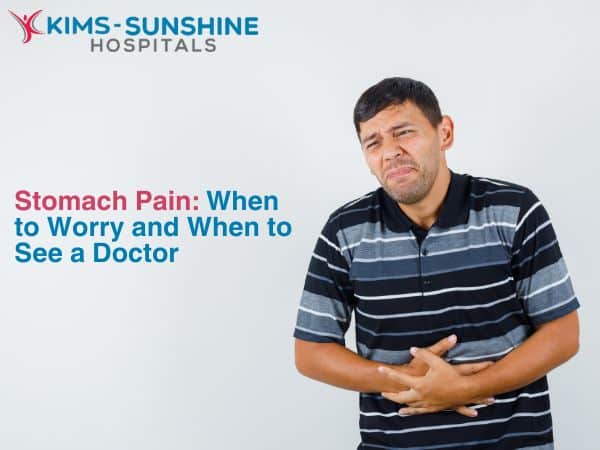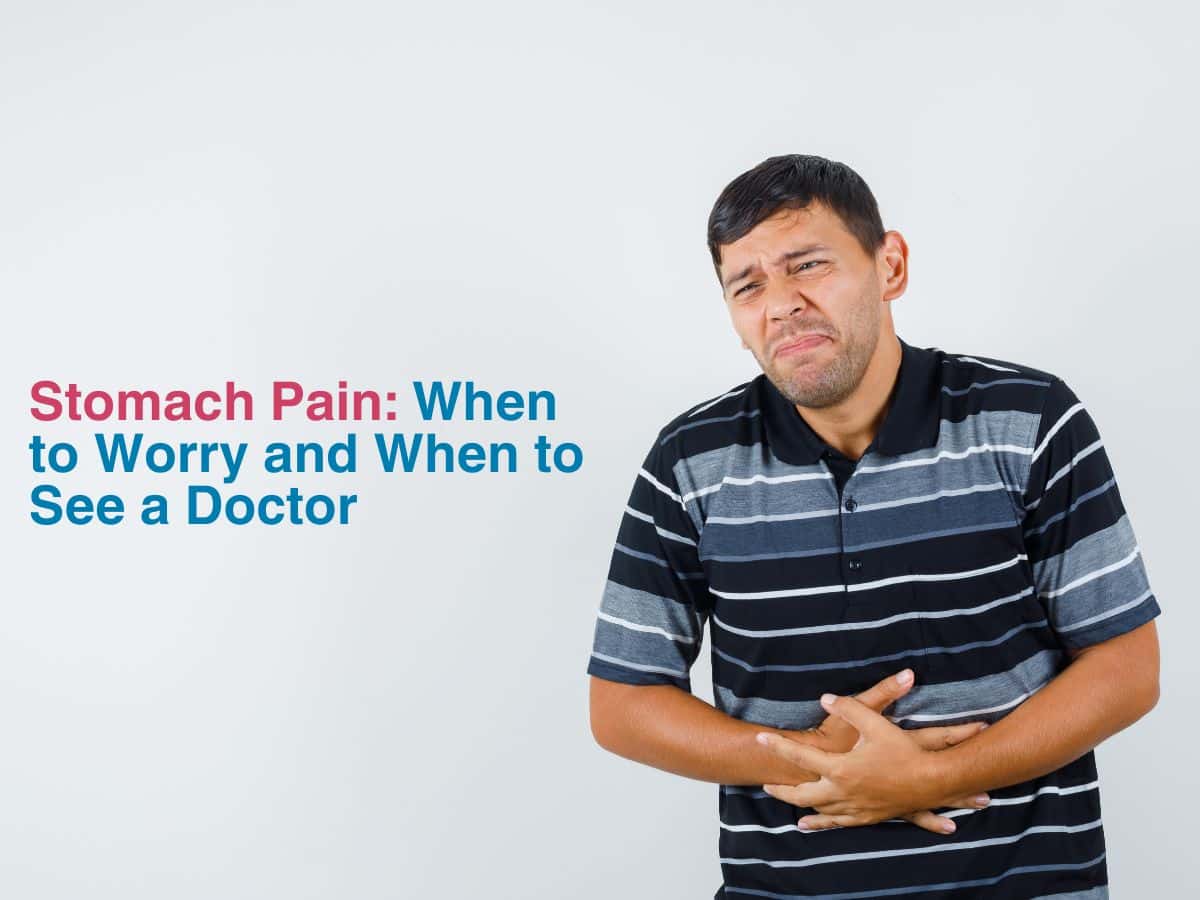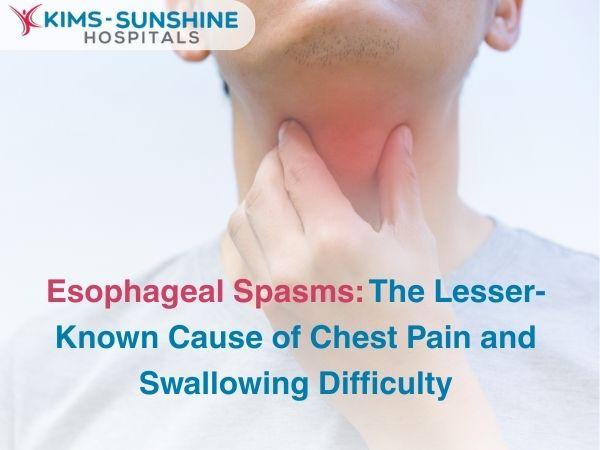
Stomach Pain: When to Worry and When to See a Doctor

Most of us complain of a ‘stomach ache’ when we have eaten something bad, or too different or are feeling way too full after a meal. Pain in any form is just your body signalling that something may be wrong. But, it doesn’t mean you have to freak out and rush to get medical help immediately. This situation also means that you know how to differentiate between a plain old upset tummy and something more serious. So, let us try to understand the various situations that could involve some form of ‘stomach ache’ affecting you and how you should deal with it, below.
When Should I Worry About Stomach Pain?
‘Stomach pain’ is a rather common symptom that we complain of, even if the issue is elsewhere in the abdominal region. This is why it is important to understand the severity and location of the symptoms involved, so that you can receive proper medical care, if it is an emergency of any kind. While you will NOT be asked to diagnose yourself and it is a very bad idea to google your symptoms, each time something happens, it does help to be aware of yourself. So, let us look at the various instances when stomach pain is not seemingly a normal occurrence that will go away on its own, along with the different kinds-
- An acute stomach pain will last you about a week and then go away on its own.
- Chronic pain is diagnosed as such if you have pain for more than 3 months.
- Progressive pain is termed that when your symptoms seem to get worse over a period of time.
- Intermittent- this means you are mostly fine one moment and then have sudden sharp pain the next. If it comes and goes then it is a problem.
Some very common causes of stomach pain include constipation, diarrhoea, heartburn or even any infection like gastroenteritis or typhoid for example. You may also feel very bloated and gassy if you eat certain kinds of foods or are intolerant to others. Avoiding them may mean you won’t show symptoms then. Other causes include UTIs, kidney stones, gallbladder stones, gastric ulcers, IBD, hernia, GERD, gut related cancers, bowel obstruction, ectopic pregnancy or even a heart attack in rare cases, among other conditions.
Signs Your Stomach Pain Could Be A Medical Emergency-
You should keep a close watch on the following symptoms, because these may mean some form of medical emergency, along with very sharp abdominal pain-
- If you have severe chest pain along with abdominal pain
- If you are vomiting blood
- If you feel sick and need to vomit a lot
- If you cannot pee normally or are severely constipated
- If you cannot breathe normally
- If you have bloody or tarry looking stools
- If you have some form of abnormal vaginal discharge
- Experience weight loss that seems abnormal
As for how the condition is diagnosed, if you can remember this, then it is great. Your abdomen is divided into 4 parts or quadrants with 2 imaginary lines- one running perpendicular to the other. This means there are 4 quadrants or parts- upper left, upper right, lower left and lower right quadrants respectively. The doctor will ask you where the pain is and if it is moving, how severe it is, when symptoms began and take a complete medical history before coming to an informed conclusion. You may also be asked to give blood, urine or stool samples and get imaging done in some cases. Some methods may be more intrusive than others- like a colonoscopy or endoscopy.
Conclusion
We hope you now understand what sharp stomach pain may indicate. The treatment regimen you will have after diagnosis depends totally on what the condition is. If it is plain old bloating or gas, then you could get away with nothing or with some OTC relievers. But, sudden sharp and acute pain in the lower right for instance can mean it is appendicitis. This will mean immediate surgery and antibiotics to ward off any infection. Women may have to deal with regular bouts of pain associated with their period or reproductive histories and may tend to take symptoms lightly. Don’t do that! Your health is just as important as everyone else’s ! Ingeneral though, if you eat properly and regularly, stay hydrated and avoid any major triggers, you should be totally fine.






